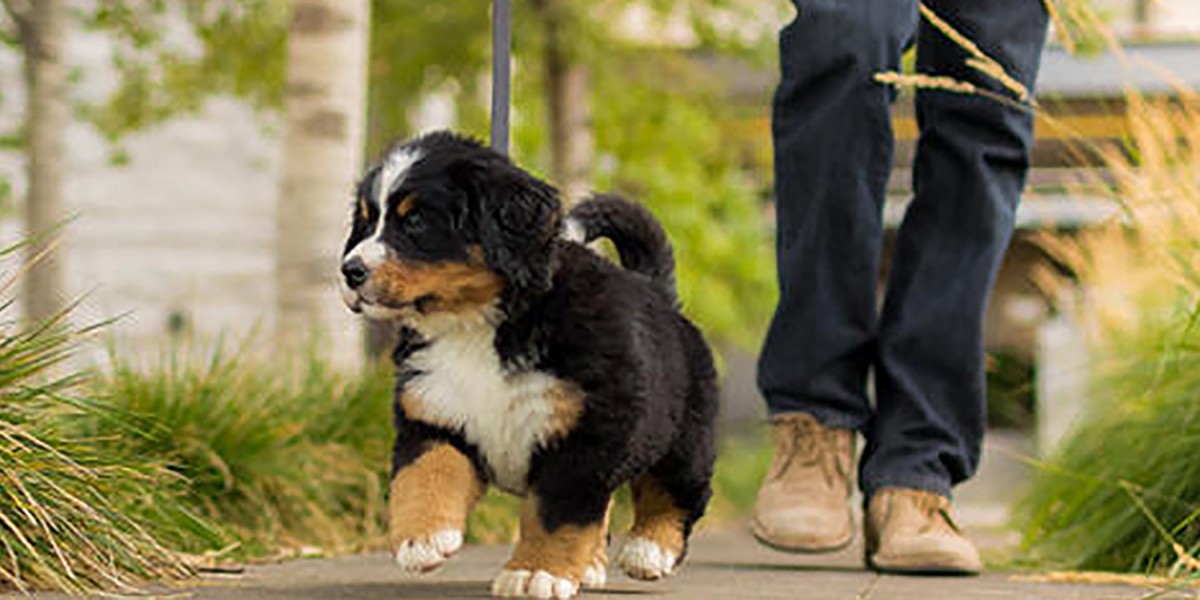Blitz News Digest
Stay updated with the latest trends and insights.
Puppy Psychology: What Your Dog Really Thinks About Training
Uncover the secrets of your pup's mind! Discover what your dog really thinks about training and transform your approach today!
Understanding Your Puppy’s Mind: How They Perceive Training
Understanding your puppy’s mind is crucial when it comes to effective training. Puppies perceive the world around them quite differently than humans do, often relying on their senses of smell and sound far more than sight. This sensory perception plays a significant role in how they respond to commands and cues. For instance, a puppy may anchor more to the tone of your voice rather than the specific words you say. Positive reinforcement methods, such as treats or praise, create a positive association in their mind, making them more eager to learn. Training should therefore focus not only on consistency but also on creating a fun and engaging atmosphere.
Moreover, it's essential to recognize that a puppy's attention span is short. Training sessions should be brief and full of variety to keep them engaged. Understanding your puppy’s mind means acknowledging when they are becoming overwhelmed or distracted. Implementing breaks, using playful distractions, or changing up activities can help keep their interest and enthusiasm intact. Remember that patience is key; every pup learns at their own pace, and celebrating small victories can significantly enhance your bond with your furry friend. By tailoring your approach to their unique perception, you're not just training them — you're nurturing their growth and building a trusting relationship.

Do Puppies Understand Commands? Insights into Their Learning Process
Understanding whether puppies understand commands involves exploring their cognitive abilities and learning processes. Puppies are born with a natural disposition to learn from their environment, primarily through observation and imitation. Their brains are highly adaptable, allowing them to absorb information quickly. Effective training often relies on positive reinforcement, such as treats or praise, to encourage desired behaviors. In this way, puppies begin to associate specific sounds or commands with actions, gradually developing an understanding of their meanings.
The learning process in puppies can be enhanced through consistent practice and socialization. Puppies understand commands better when they are trained in short, engaging sessions that maintain their interest. Repetition plays a crucial role, as puppies are more likely to retain information when they hear commands multiple times in various contexts. Additionally, factors such as age, breed, and individual temperament can influence how quickly a puppy learns. Overall, patience and positive interaction are key components in helping puppies grasp the commands we teach them.
Top Training Techniques: What Works Best for Your Puppy’s Psychology
Training your puppy effectively requires an understanding of their psychology and the best techniques to utilize. Positive reinforcement is one of the most effective methods, as it encourages desired behaviors by rewarding them. This can be accomplished through treats, praise, or playtime whenever your puppy performs a trick or obeys a command. Additionally, consistency in commands and rules is vital; using the same word for a command will help your puppy understand what is expected of them. Incorporating socialization early in your puppy’s training helps them become well-adjusted adults, making them more receptive to learning.
Another important aspect of training is understanding that puppies have short attention spans. Sessions should be kept short, ideally around 5 to 10 minutes, allowing for breaks and play time in between. Utilizing games and interactive activities can make the learning process enjoyable for your puppy, reinforcing a positive association with training. Finally, always be patient; every dog learns at their own pace, so it's important to tailor your training approach to your puppy's unique needs and personality. Remember, the goal is to build a strong bond based on trust and understanding, which will lead to a well-mannered dog.